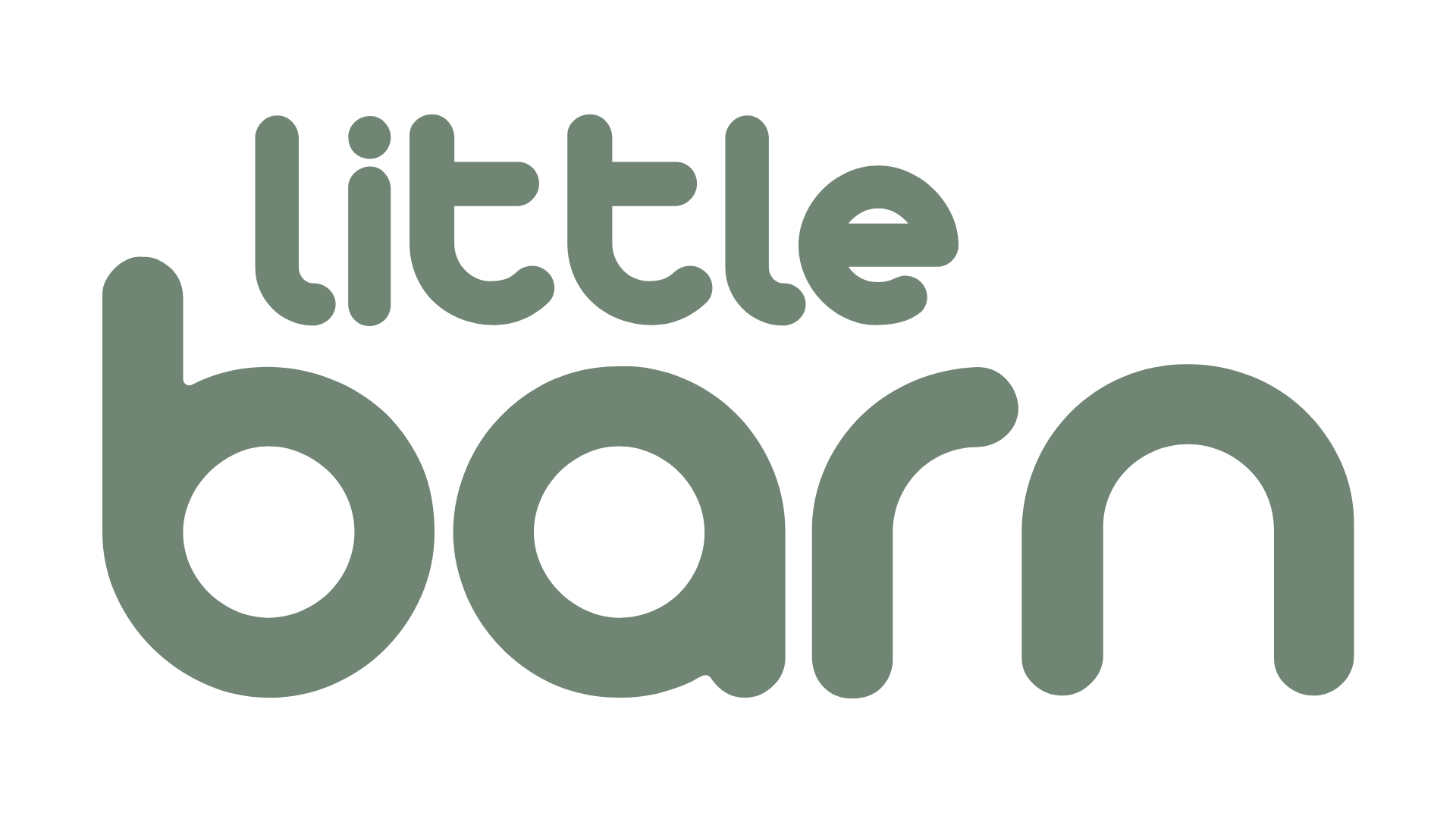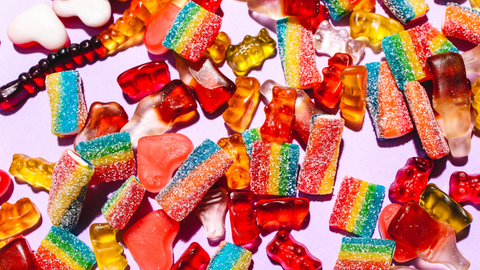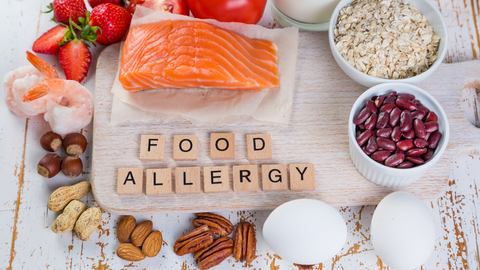The rise in processed baby food options has made feeding our little ones easier, but it also comes with concerns about the ingredients in these foods. Specifically, many parents worry about the use of preservatives and artificial food colorings in baby food. In this blog, we’ll explore which preservatives and colorings are safe, which ones should be avoided, and how choosing clean, natural ingredients plays a key role in your baby’s health.
Understanding Preservatives in Baby Food
What are preservatives?
Preservatives are chemicals added to food to prevent spoilage from bacteria, molds, and yeasts. They help extend shelf life and make it easier to store and transport food. While preservatives may seem necessary, it’s important to know which ones are safe and which ones should be avoided in baby food.
Acceptable Preservatives:
Some preservatives are generally recognized as safe for babies when used in small amounts. These are typically found in organic and natural baby foods. Some examples include:
- Ascorbic Acid (Vitamin C): A natural preservative and antioxidant, it helps maintain food freshness and supports immune health.
- Citric Acid: Naturally derived from citrus fruits, citric acid is commonly used to preserve freshness without affecting the food’s safety or taste.
Preservatives to Avoid:
While some preservatives are safe, others can have negative effects on babies. Here are a few to avoid:
- Sodium Benzoate: Common in juices and processed foods, sodium benzoate can cause allergic reactions and skin irritation in babies.
- BHA & BHT: These synthetic antioxidants used to prevent spoilage in oils and fats have been linked to potential health risks, such as hyperactivity and developmental issues.
- Sulfites: Found in dried fruits and packaged baby foods, sulfites can cause allergic reactions, particularly for babies with asthma.
At Little Barn, we’re committed to keeping your baby’s meals clean and safe, which is why our meals are made without preservatives or artificial additives. Our organic ingredients are prepared with love and care to ensure the freshest, healthiest food for your little one.
Understanding Artificial Food Colourings
What are artificial food colorings?
Artificial food colorings are synthetic dyes used to make food more visually appealing. They’re commonly used in processed foods, but their use in baby food has raised concerns about potential adverse reactions and behavioral issues in babies.
Acceptable Color Additives:
Some natural colorings are safe and nutritious for your baby. Examples include:
- Beet Juice (Red): Derived from beets, it’s a natural and safe colorant.
- Spinach Powder (Green): A natural green coloring made from spinach, which is rich in vitamins and safe for babies.
Artificial Colorings to Avoid:
Certain synthetic colorings should be avoided, as they have been linked to potential health risks. These include:
- FD&C Red No. 40: An artificial color commonly found in processed baby foods, it’s been linked to hyperactivity and allergic reactions in some children.
- Yellow 5 (Tartrazine): A yellow dye that can cause allergic reactions and has been associated with behavioral issues in children.
- Blue 1 & Blue 2: These artificial dyes have been linked to potential cancer risks and should be avoided in baby food.
Why Choose Clean, Natural Baby Food?
As a parent, you want to provide the best nutrition for your baby, but it’s just as important to consider what’s not in the food. Choosing meals made without preservatives and artificial colorings ensures that your baby is receiving pure, nutrient-dense food without the risk of unwanted chemicals. Here are some reasons to opt for clean, preservative-free baby food:
- Supports Healthy Growth & Development: Natural, whole foods provide essential vitamins and minerals for your baby’s brain development, immune system, and overall health.
- Reduces the Risk of Allergies & Sensitivities: By avoiding artificial preservatives and colorings, you can reduce the risk of food allergies and sensitivities in your baby.
- Better Taste & Nutrient Retention: Fresh, natural foods retain more of their nutritional value and flavor, which helps babies develop healthy eating habits.
When it comes to feeding your baby, quality matters. At Little Barn, we’re dedicated to providing meals made from organic ingredients without any preservatives or artificial additives. Our meals are designed to support your baby’s healthy growth and development, ensuring they get the very best from the food they eat.
How to Choose Baby Food Without Preservatives and Artificial Colorings
- Read Labels Carefully: When shopping for baby food, always check the ingredient list for terms like "organic", "preservative-free", and "no artificial colors".
- Opt for Fresh or Frozen: Fresh and frozen foods are typically free from preservatives and artificial additives. Consider homemade baby food or choose frozen purees from trusted brands.
- Look for Certifications: Many baby food brands offer organic, preservative-free options. Look for certifications like USDA Organic or EU Organic.
At Little Barn, we make it easy for parents to choose clean, organic meals that are free from preservatives and artificial colorings. Our meals are made fresh, blast frozen, and delivered to your door, ensuring your baby gets the most nutritious food possible.
Sources:
- "Preservatives and Food Additives: Health Implications." American Academy of Pediatrics, 2019.
- "Artificial Food Colorings and Hyperactivity." The American Journal of Clinical Nutrition, 2017.
- "The Safety of Food Additives in Baby Food." National Institute of Health, 2020.






Comments (0)
There are no comments for this article. Be the first one to leave a message!